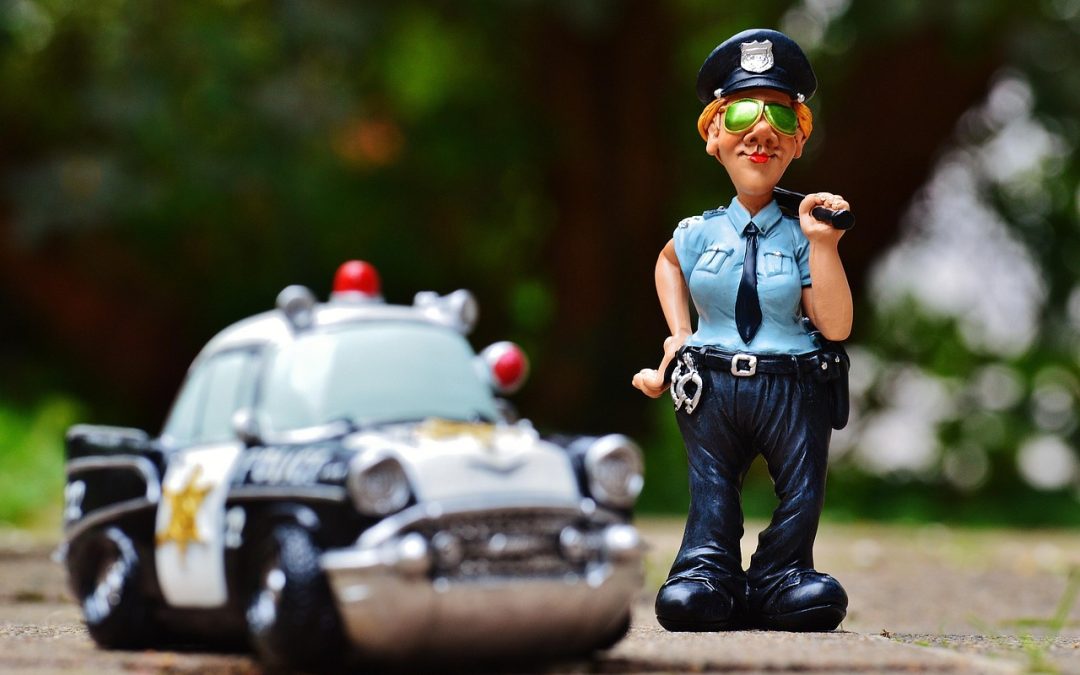When interacting with undercover officers in public, it’s essential to prioritize your safety while being aware of your legal boundaries. These interactions can be unpredictable, and knowing how to navigate them confidently is crucial.
Understanding Stop-and-Identify Laws
In the United States, laws vary by state, but in general, police officers can stop you if they have reasonable suspicion that you’re involved in criminal activity. In some states, like Nevada (NRS 171.123) and Colorado (C.R.S. 16-3-103), stop-and-identify laws require you to provide your name and identification upon request. However, it’s essential to remember that you’re not obligated to answer additional questions or provide further information beyond what’s legally required.
Asserting Your Rights During Interactions
When interacting with undercover officers, remember that you have the right to remain silent and the right to an attorney, as protected by the Fifth Amendment’s Miranda rights. If you’re being questioned, politely inform the officer that you’d like to exercise these rights. You can say, “I’d like to remain silent, and I’d like an attorney present for any further questioning.”
Additionally, be aware of your Fourth Amendment rights, which protect you from unreasonable searches and seizures. If an officer asks to search your person, vehicle, or belongings, you can politely decline, stating, “I don’t consent to any searches.” However, if an officer has a warrant, you must comply with the search.
Remember, consent searches are voluntary, and you can withdraw your consent at any time during the search. If you feel uncomfortable or unsure, it’s always best to err on the side of caution and decline the search.
Practical Tips for Interactions
- Stay calm and composed: Avoid arguing or being confrontational, as this can escalate the situation.
- Be respectful and polite: Address officers with respect, using “officer” or “sir/ma’am.”
- Ask for clarification: If you’re unsure about the officer’s identity or their purpose, ask politely, “Officer, can you please show me your badge and explain what’s going on?”
- Don’t resist or obstruct: Avoid physical resistance or obstructing the officer’s duties, as this can lead to serious consequences.
- Seek support: If possible, try to have a friend or witness present during the interaction.
“The right to be left alone – the most comprehensive of rights and the right most valued by civilized men.” – Justice Louis Brandeisquote>
In conclusion, when interacting with undercover officers in public, prioritize your safety while being aware of your legal boundaries. Remember to stay calm, assert your rights when necessary, and seek support when possible. Stay informed about local laws and regulations in your area, and always prioritize de-escalation over confrontation.
The information at Observed.Org may not pertain to every jurisdiction. It is YOUR responsibility to know your rights and observe them. Nothing here should be considered legal advice.

